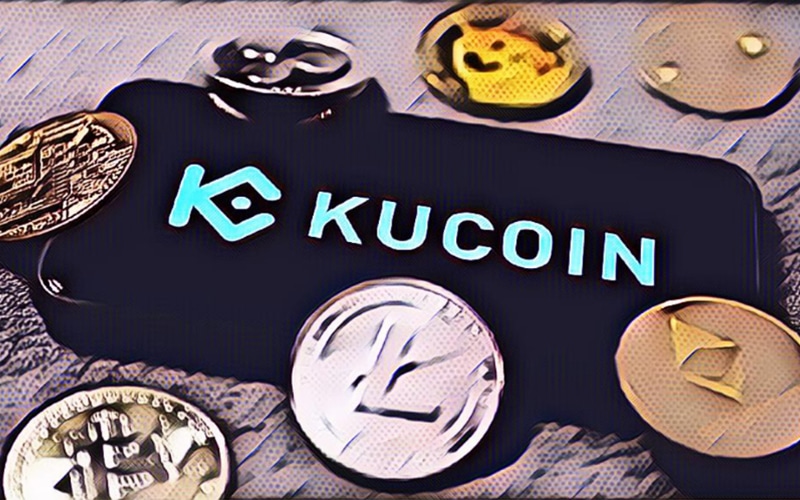The global crypto exchange KuCoin has announced that some information in the proposal initiated by Polkadot-based decentralized finance (DeFi) network Acala for the recovery of the aUSD after its depeg caused by hackers is inaccurate.
CEX KuCoin has highlighted flaws in Acala’s community proposal to recover billions of dollars worth of aUSD in the most recent update on Acala’s aUSD stablecoin exploit.
The blog identified inaccuracies in the number of aUSD mints sent to and traded on KuCoin.
Hackers were able to mint 1.28 billion aUSD due to a “misconfiguration” of Acala Network’s newly launched iBTC/aUSD liquidity pool.
Also Read: Why did Acala’s aUSD Drop by 99%?
Following the incident, KuCoin temporarily froze two batches of suspicious accounts on August 14 and August 18. This was done to prevent further transactions of the aUSD error mints.
According to the Acala community’s proposal:
- For aUSD error mints that have been frozen by CEX- it is suggested to freeze them on-chain.
- For aUSD error mints that have been traded on CEX- it is suggested to have the Acala Foundation to loan collaterals such as USDC + ACA to the network to re-collateralize them.
According to KuCoin, hackers sent 8.03 million aUSD rather than 4.937 million aUSD to KuCoin. Furthermore, instead of 1 million aUSD, 5.33 million aUSD were traded on the platform.
So, KuCoin has advised Acala to reconsider its community’s proposal because freezing and burning aUSD tokens could cause “tremendous damage to the Acala community and the price of the aUSD token.”
“Given the significant difference in the amount of aUSD error mints deemed necessary to re-collateralize, it is suggested that the Acala community reconsider the current proposal together with the Acala Foundation,” KuCoin wrote.






